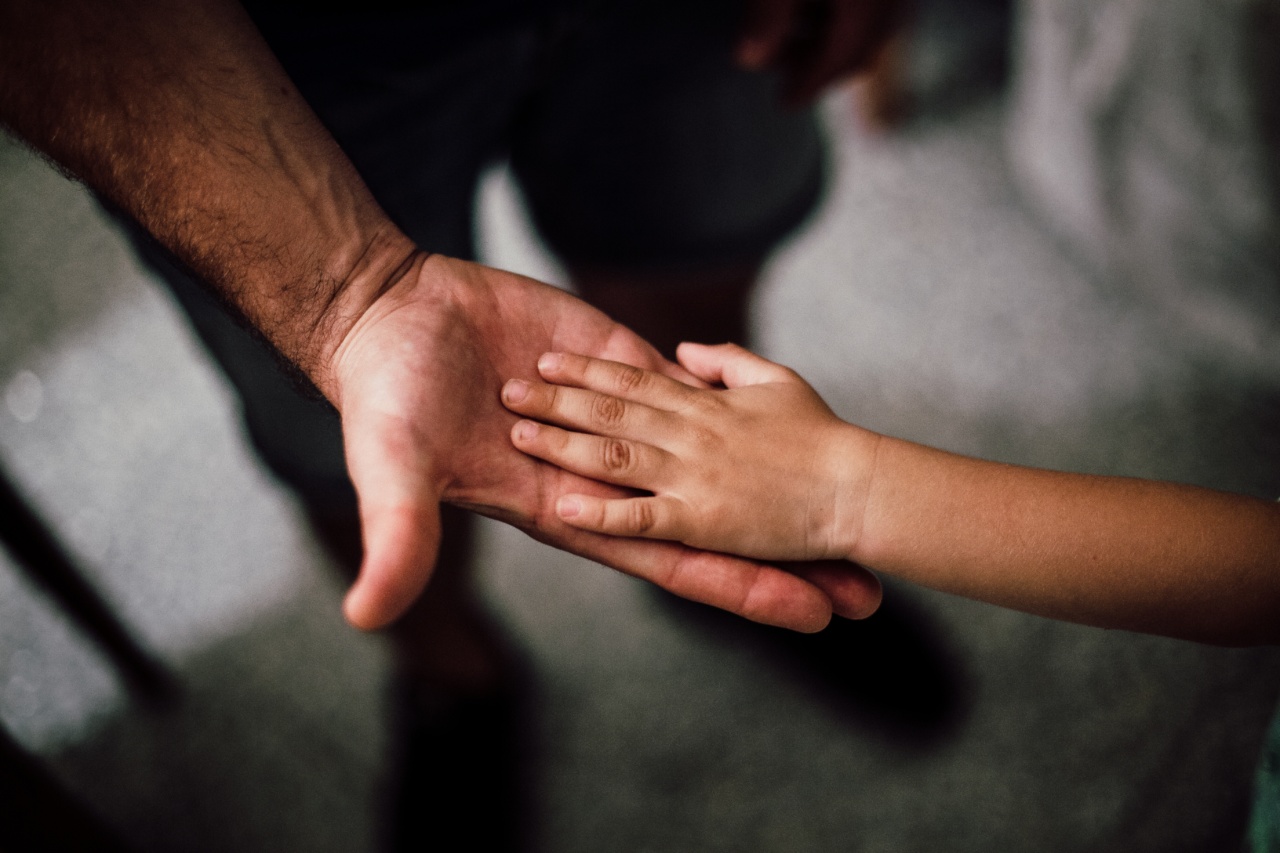Parenting is one of the most important journeys in life. As a parent, you want nothing but the best for your child. However, even with the best intentions, some parents may fall into harmful habits that negatively impact their children.
Here are ten harmful parenting habits to avoid:.
Habit #1: Lack of Communication
Communication is essential in any relationship, especially between parents and children. However, some parents may neglect communicating with their children due to an overwhelming workload or stress from personal problems.
This leads to negative consequences, such as a lack of trust, misunderstood intentions, and missed opportunities for bonding.
Habit #2: Comparing Your Child to Others
It’s natural for parents to want their children to succeed, but comparing them to others is harmful. This can lead to low self-esteem, anxiety, and a negative self-image.
Instead, focus on your child’s unique strengths and help them develop their own attainable goals.
Habit #3: Decreased Emotional Intelligence
Parents serve as an emotional role model for children, which means they need to be fully aware of their emotions and how to properly express them.
Negative emotions that are ignored or not properly addressed may result in decreased emotional intelligence in children. This may lead to difficulty building relationships and poor communication skills.
Habit #4: Neglecting Your Child’s Needs
Parents may neglect their child’s needs by focusing on their own needs and desires. This includes missing important events or not being present due to work or personal problems.
Children may interpret this as a lack of interest or love from their parent, causing them to feel neglected or abandoned.
Habit #5: Establishing Unrealistic Expectations
Setting unrealistic expectations for children can lead to feelings of failure and a lack of confidence. This may result in a cycle of disappointment and frustration for both the parent and child.
Instead, establish realistic goals and milestones that both parents and children can work toward achieving.
Habit #6: Overprotectiveness
Overprotective parents may prevent their child from experiencing the world and developing independence. This may lead to fear and a lack of confidence in the child, both in childhood and adulthood.
Allow your child to take appropriate risks, learn from failures, and develop their sense of self.
Habit #7: Lack of Consistency
Consistency is crucial in parenting, especially when it comes to discipline and routine. When there is a lack of consistency, children may feel confused or uncertain about what is expected of them.
This creates a stressful environment and may lead to disobedience and frustration for both parents and children.
Habit #8: Ignoring Mental Health
Mental health is just as important as physical health, yet it’s often ignored in parenting. Parents need to monitor their child’s behavior and emotions and provide appropriate support.
Ignoring warning signs may lead to long-term emotional or behavioral problems in the child.
Habit #9: Using Punishment as a Primary Discipline Method
While punishment is sometimes necessary, it should not be the primary discipline method. This may lead to fear and resentment between parents and children, which creates a negative atmosphere.
Instead, use positive reinforcement to encourage good behavior and discipline in a way that promotes growth and development.
Habit #10: Not Allowing Your Child to Make Mistakes
Mistakes are necessary for growth and development. Parents who try to shield their child from mistakes may create unrealistic expectations and prevent their child from learning from their failures.
Allow your child to make mistakes, acknowledge their errors, support them through the consequences, and help them learn from their experiences.































